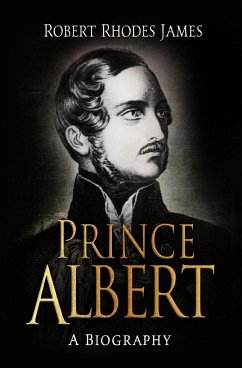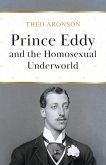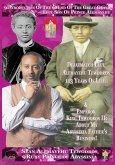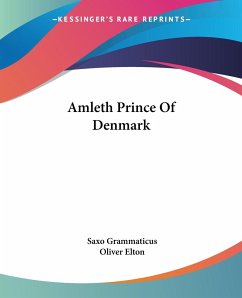The devastating effect of Prince Albert's death on Queen Victoria is the stuff of legend, and in this fascinating biography Robert Rhodes James reveals the extraordinary man who inspired her devotion. An incredibly human portrait, this vivid account traces Albert's life from beginning to end, starting with the shy child of a broken home in the tiny German principality of Saxe-Coburg-Gotha and ending with a man of great feeling, intellect and complexity, supporting his wife at the helm of a sprawling empire. Unrivalled in its scope, Prince Albert: A Biography explores every aspect of this fascinating man, from his leading part in the formation of British imperial foreign policy to his loving but complex relationships with his wife and children. "One of the finest biographies I have ever read." - A. J. P. Taylor, The Observer








